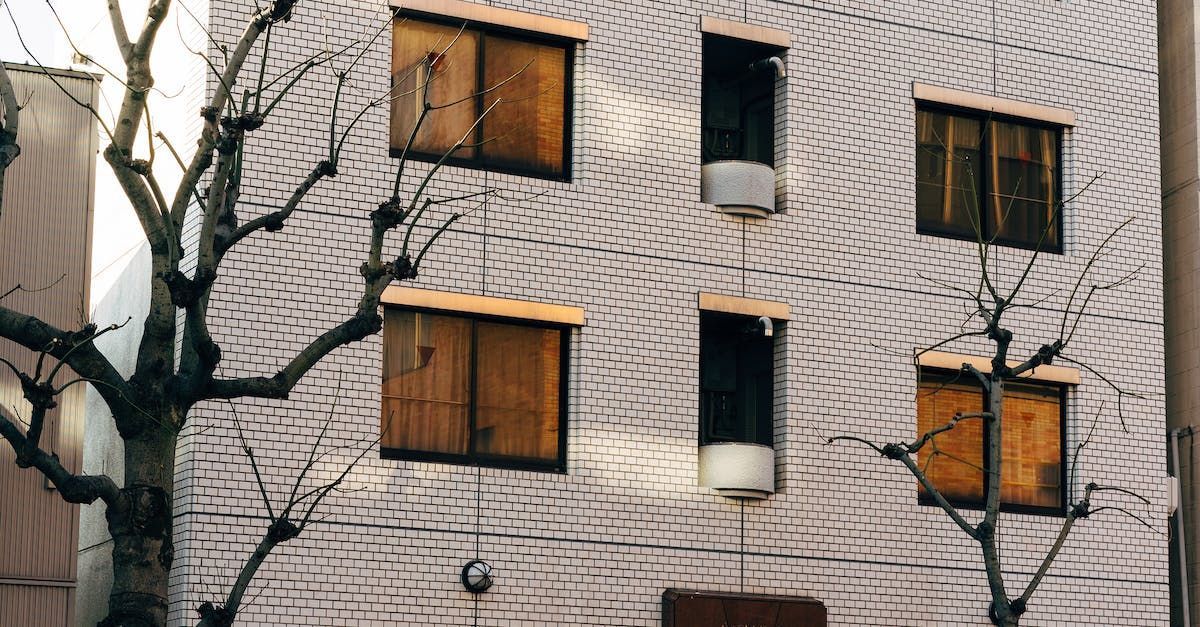Avoiding Permanent Residence Application Rejection in Japan
A guide to ensuring the highest chance of success of gaining permanent residence in Japan
Applying for Permanent Residence (PR) in Japan is a major milestone for many foreign residents. However, it’s also one of the most stringent application processes- small mistakes can result in rejection. In 2027, new rules will make it even easier for the authorities to revoke PR if you fail to meet ongoing obligations such as paying taxes and social insurance. That’s why it’s essential to keep your affairs in order long before you apply.
Below, we’ll explain the most common issues that can cause trouble, and practical steps you can take to avoid them.
1. Residence Tax (住民税) Payments
Residence tax is levied by your municipality based on your previous year’s income. Missing or delaying these payments can have a serious impact on your PR application. Immigration officers always request a certificate of full payment (納税証明書) when reviewing applications and, depending on your visa status, they may check several years of history- often up to five years.
Common pitfalls:
- Forgetting to pay when you switch jobs (new employers don’t always automatically take over).
- Not confirming payments when self-employed or a company director.
- Overlooking your spouse’s obligations- if you are married, your spouse’s tax payment records can also affect your application.
Our advice:
✅
Set up automated payments. Most Japanese banks allow automatic deduction (口座振替) for residence tax. You can apply at your local city hall—fill out the auto-debit form with your bank details. Once approved, the tax will be deducted automatically each year.
✅ Double-check when changing jobs. If you resign mid-year, your former employer may withhold the remaining tax from your final paycheck—or they may not. Always confirm with HR and, if necessary, arrange payment directly with your city hall to avoid gaps.
✅ Be ready to provide extra proof. Immigration may request further evidence of timely payments, such as original receipts, or even require you to visit your ward office to document your full payment history.
2. Social Insurance (社会保険) Contributions
For regular employees, health insurance and pension premiums are usually deducted automatically by the employer. However, if you are a company director (役員), the responsibility is on you and your company to ensure payments are made correctly. Immigration reviews this history carefully, and late payments are a common reason for PR rejection.
Key points:
- Immigration may review several years of payment history- sometimes up to five years, depending on your visa status.
- Even if all amounts have been paid eventually, late payments can still cause problems.
- It is best not to apply for PR if your payment history is not completely clean.
- If you are married, your spouse’s social insurance history can also be checked. Unpaid or late premiums by your spouse may negatively impact your own application.
Our advice:
- If you run a company, open a company bank account with a Japanese mega bank (e.g., MUFG, Mizuho, SMBC). This makes it easier to set up official kouza furikae (口座振替) auto-deductions for social insurance.
- Always ensure automatic deductions are in place so you never miss a deadline.
- If there are past late payments, clear them fully before applying for PR and keep documentation showing all obligations are settled.
- Keep official receipts and insurance payment certificates. Immigration may ask for several years’ worth or request you obtain a full payment history at the ward/pension office.
3. Driving Violations & Other Legal Matters
While one or two small speeding tickets may not derail your PR application, repeated or unpaid traffic fines can signal irresponsibility to immigration authorities. Serious violations (e.g., driving without a license, DUI) are major red flags.
Our advice:
- Pay any fines promptly.
- Avoid repeat violations. Keep your driving record clean for several years before applying.
4. Practical Steps to Stay on Track
- Set up automatic payments for residence tax and social insurance.
- Residence tax auto-debit is arranged at city hall.
- For social insurance (if you run a company), set up auto-deductions through a company bank account with a major Japanese bank.
- Check your status annually. Request a nozei shoumeisho (納税証明書) for taxes and an insurance payment certificate (shakai hoken no shiharai shoumeisho) for pension/health insurance. Immigration always requires the tax certificate and may check several years of history—often up to five years.
- Confirm residence tax obligations when changing jobs. If your new employer isn’t handling your tax payments, you’ll need to pay directly by invoice or auto-debit.
- Keep organized records. Immigration may ask for further supporting evidence such as receipts, pension booklets, or ward/pension office-issued records of timely payments.
- Coordinate with your spouse. If you are married, make sure your spouse’s residence tax and social insurance are also up to date, as their records can directly influence your application outcome.
Permanent Residence in Japan is awarded to people who demonstrate stability, responsibility, and contribution to society. The authorities will not only look at your income and years of residence, but also at whether you and your family members have been responsible residents- paying taxes and insurance on time, and obeying the law. In practice, this means presenting
several years of clean payment and compliance history (often up to five years), both for yourself and your spouse if applicable.
At Oak Admin, we support clients every step of the way. From ensuring your documentation is complete to helping you confirm your tax and insurance records at the ward office, our role is to keep you on track so that when the time comes, your PR application has the highest chance of success.






